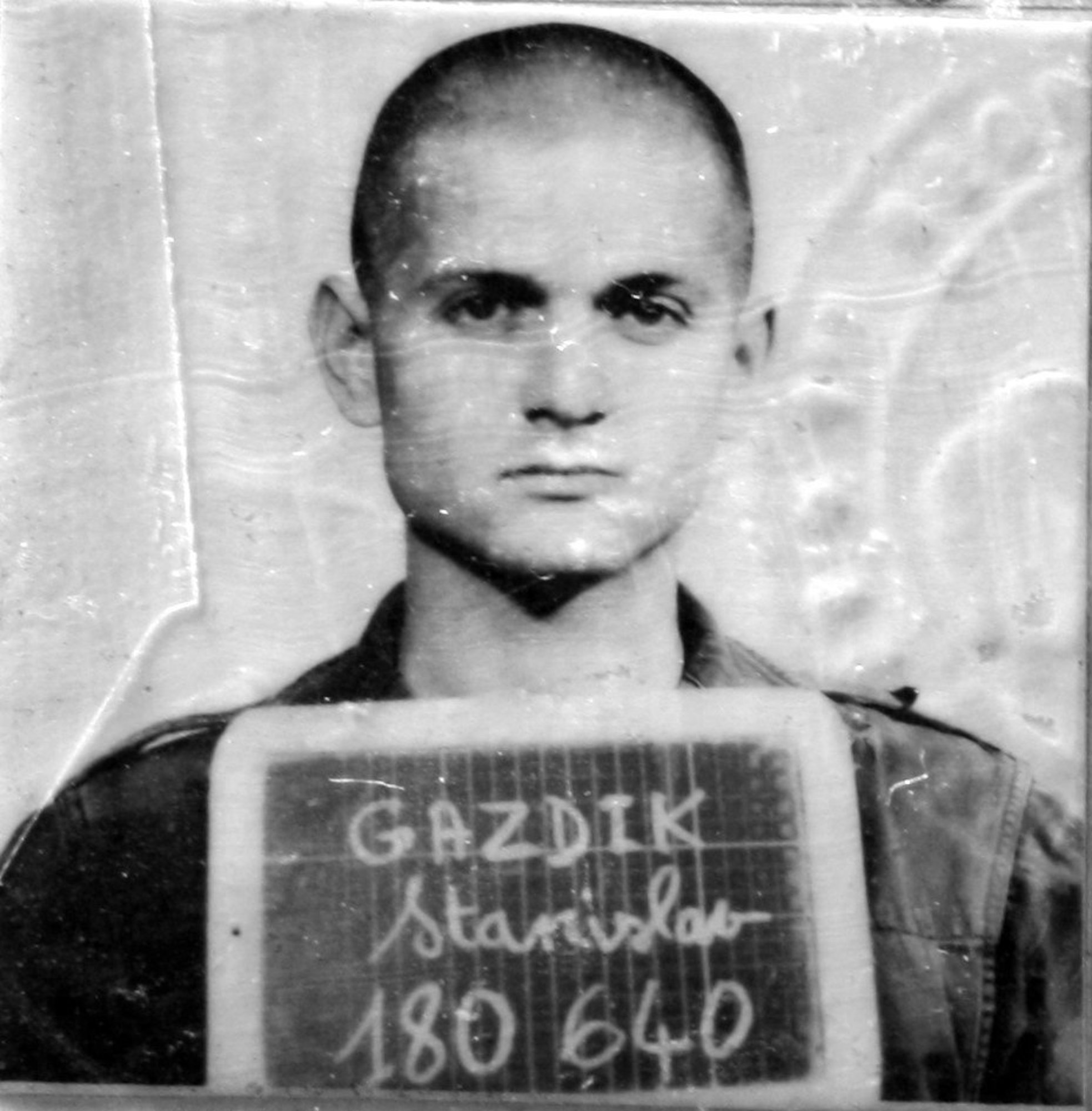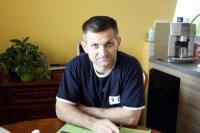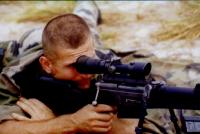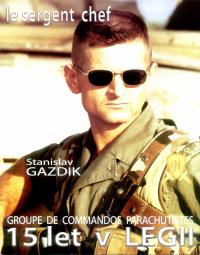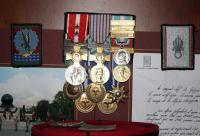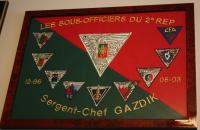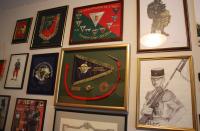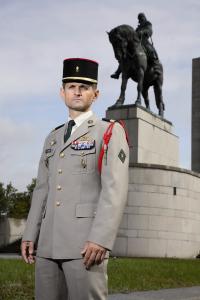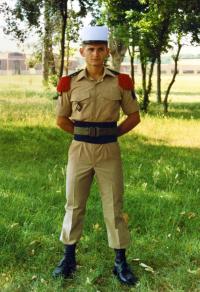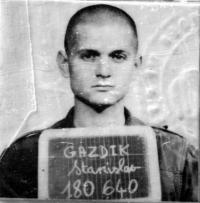I use my past for a better future and live for today.
A former Sergent Chief of the French Foreign Legion Special Forces, Stanislav Gazdík was born in 1970 in Karviná. He served his compulsory army service from 1989 to 1991, at the end of the Communist Regime. After returning home, he decided to take advantage of his newly acquired freedom, and in May 1991, he left to join the French Foreign Legion. He was placed in the 2nd Foreign Parachute Regiment CL (2.REP). In 1994 he was promoted, and until 2003, he served at the special unit of the regiment - CRAP (GCP). He took part in several missions to Africa and the former Yugoslavia. From 2003 to 2006, after he left the legion, he served in the so called “Gestapo,” a unit responsible for the recruitment of new legionnaires. In 2006, he established a private company, Operational Defense Group s.r.o., which specializes in individual and customized training in the area of corporal self defense.
